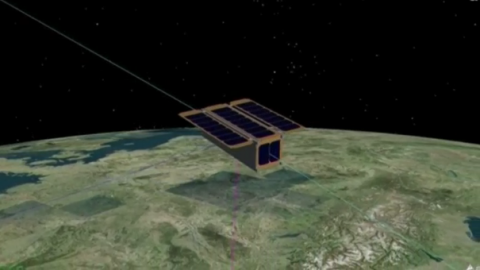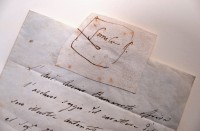
HERZLIYA, Israel (Reuters) — Orbiting the earth at more than 500 kilometers (300 miles) per hour, a tiny satellite with a laboratory shrunk to the size of a tissue box is helping scientists carry out experiments that take gravity out of the equation.
It was launched into orbit last month by India’s national space agency.
Dubbed DIDO, the mini-lab was constructed by Swiss-Israeli firm SpacePharma, a Swiss-Israeli company, which on Thursday (March 16) announced that its first experiments have been completed successfully.
In space, with hardly any interference from earth’s gravity, cells and molecules behave differently, helping researchers make discoveries in fields from medicine to agriculture.
Nestle turned to zero gravity – or what scientists refer to as microgravity – to perfect the foam in its chocolate mousse and coffee, while drugmakers like Eli Lilly have used it to improve its pharmaceuticals.
Usually, experiments are sent up to the International Space Station and carried out with the help of astronauts, or are conducted on parabolic airplane flights that enjoy short bursts of weightlessness.
SpacePharma says its miniature lab is a new way for researchers to work in microgravity for extended periods.
“SpacePharma provides the first-ever designed launch commercial satellite laboratory that now is available for many clients wherever they are…(to) run their own designed experiments in microgravity, without man in the loop, no astronauts, no space agencies,” said founder Yossi Yamin.
He added that the protocol was very simple: “We are installing the software in the client’s location, within his computer. He is playing with the parameters to build his sequencing of steps and how he would like to run the experiment. He sends the reagents to SpacePharma, we install those within our reservoir bags, the containers, we launch it and once it is in space, he got the access to the lab.”
Yamin further explained that conditions in outer space cannot be accurately mimicked anywhere on earth.
“The temperature, the stress, the non gravitation, the density of the molecules or the liquids, is not happening there…you have something which is really the environment, so you don’t need to buy it, it’s there, like the sun,” he said.
Clients then receive data and images from the experiment, which are carried out on custom-built glass chips, and can be run multiple times to test different reactions.
The satellite in space holds four experiments, the first being done for a German research institute. A second launch, also with four experiments, is scheduled for August and includes research for a top tier pharmaceutical company, Yamin said.
By next year he hopes to begin sending up satellites that each holds some 160 experiments.







